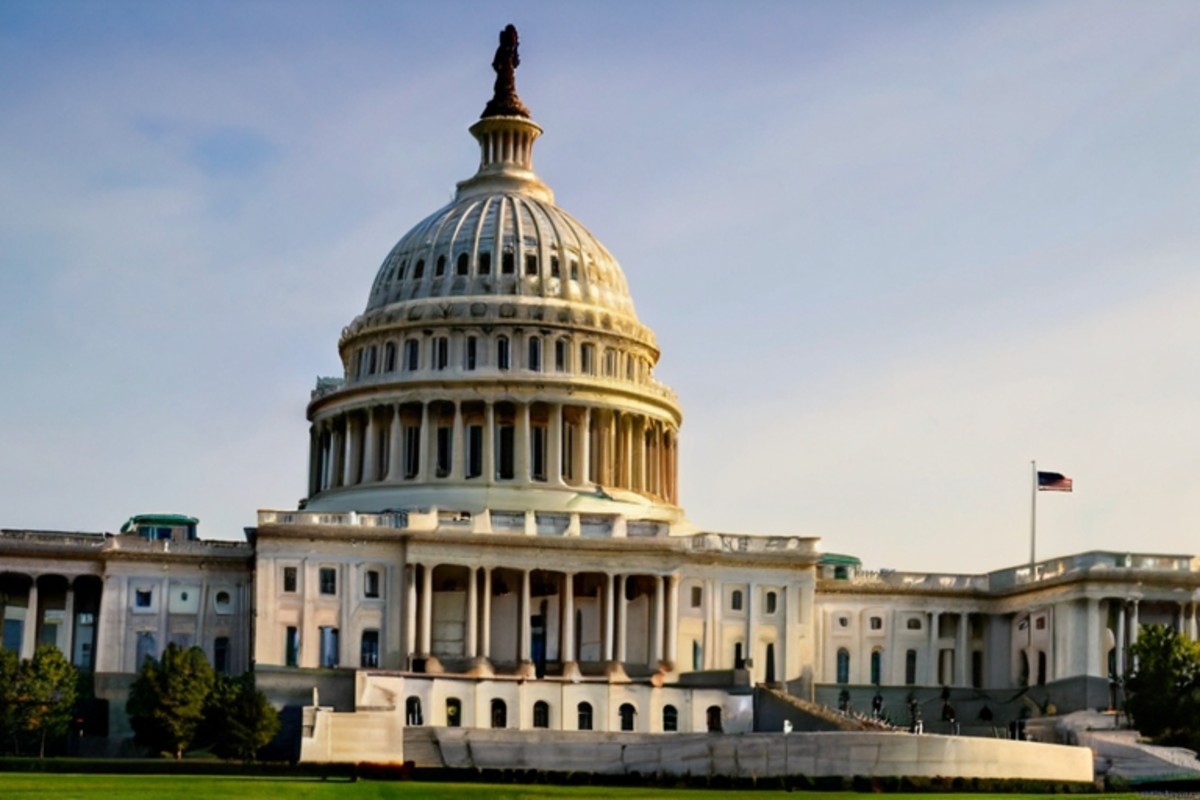Senate passes bill to overturn SEC rules for storing Bitcoin and cryptocurrencies, Biden threatens to veto


Not long ago, the Senate passed the HJRes bill. Issue 109 overturns the SEC’s Staff Accounting Bulletin (SAB) Issue 121 and prevents highly regulated financial firms from managing Bitcoin and other cryptocurrencies. The bill passed 60-38, demonstrating bipartisan support for the bill.
BREAKING NEWS: 🇺🇸 Legislation to overturn SEC rule banning highly regulated financial companies from holding custody #Bitcoin Cryptocurrency passes Senate. pic.twitter.com/GDyJRCMCxy
— Bitcoin Magazine (@BitcoinMagazine) May 16, 2024
The resolution, which already passed the House last week, aims to dismantle SAB 121. The notice imposes strict restrictions on financial institutions, effectively prohibiting them from acting as custodians of digital assets such as Bitcoin. Under the Congressional Review Act, HJRes. 109 seeks to remove these obstacles so that highly regulated financial firms can provide custody services for Bitcoin and other cryptocurrencies.
However, the White House made its position regarding this bill clear. A recent statement emphasized that he would veto the bill if it reached President Biden’s desk. The administration argues that overturning SAB 121 “would disrupt the SEC’s work to protect investors in the crypto asset markets and protect the broader financial system.”
Supporter of HJRes. But 109 argues that overturning SAB 121 is important to protect American consumers. Most of this comes from spot Bitcoin exchange-traded funds (ETFs), which the SEC approved for trading earlier this year. Most of these Bitcoins are held on behalf of a few institutions, which poses a risk of centralization. HJRes. 109 helps alleviate centralization issues by removing barriers for more regulated institutions to store and store Bitcoin on behalf of their customers.
Critics of the SEC’s SAB 121 argue that the rule is overly restrictive and hinders the ability of financial institutions to meet the growing demand for Bitcoin services. They believe regulators are well prepared to address the risks associated with storing digital assets, given existing compliance frameworks and security protocols.
Senator Cynthia Lummis, a Bitcoin advocate, urged support for overturning SAB 121 this morning, saying, “SAB 21 is a rule under the Administrative Procedure Act disguised as accounting guidance, published without authorization by SEC staff. It accounts for most of the commission.”
Just entered: 🇺🇸 U.S. Senator Cynthia Lummis is urging the Senate to vote in favor of a bill that would allow highly regulated financial companies to hold custody. #Bitcoin And cryptocurrency.
She also said: "The safest place to store your digital assets is a self-hosted wallet." 👏 pic.twitter.com/5WnGHZSNP3
— Bitcoin Magazine (@BitcoinMagazine) May 16, 2024
But Sen. Elizabeth Warren urged the Senate to align with Joe Biden, saying this is a completely different asset class than those used by banks and other regulated financial institutions. She said that digital assets are assets that can be hacked because they are not physical assets that banks can store in a vault, but are completely online, citing the hacking cases of cryptocurrency exchanges Binance and FTX as evidence.
Just in: 🇺🇸 U.S. Senator Elizabeth Warren is urging the Senate to vote against a bill that would allow highly regulated financial companies to keep custody. #Bitcoin And cryptocurrency. pic.twitter.com/L6NwEVUseN
— Bitcoin Magazine (@BitcoinMagazine) May 16, 2024
Future of HJRes despite Senate approval. 109 remains uncertain due to a presidential veto threat. If President Biden fulfills his promise, the resolution process will be halted and the status quo regarding the storage of digital assets by financial institutions may remain as is. Biden has the option to sign the bill, veto it, or do nothing. If he decides to do nothing, the bill will become law without his signature.
Fox Business journalist Eleanor Terrett commented on the news: “The Senate has voted to overturn SAB 121. That means, as we all know, this now heads to the President, who said last week that he plans to veto it. If so, it would take 2 votes from both houses to override the veto. “We need to get back to square one in the House and Senate, which requires a /3 vote in favor.”



